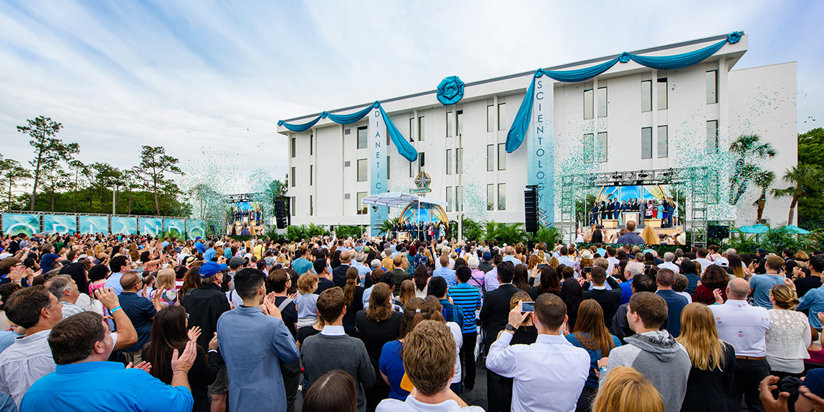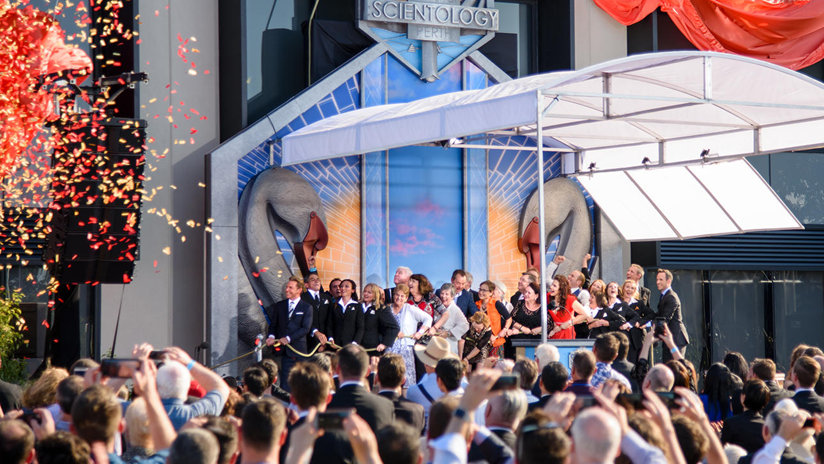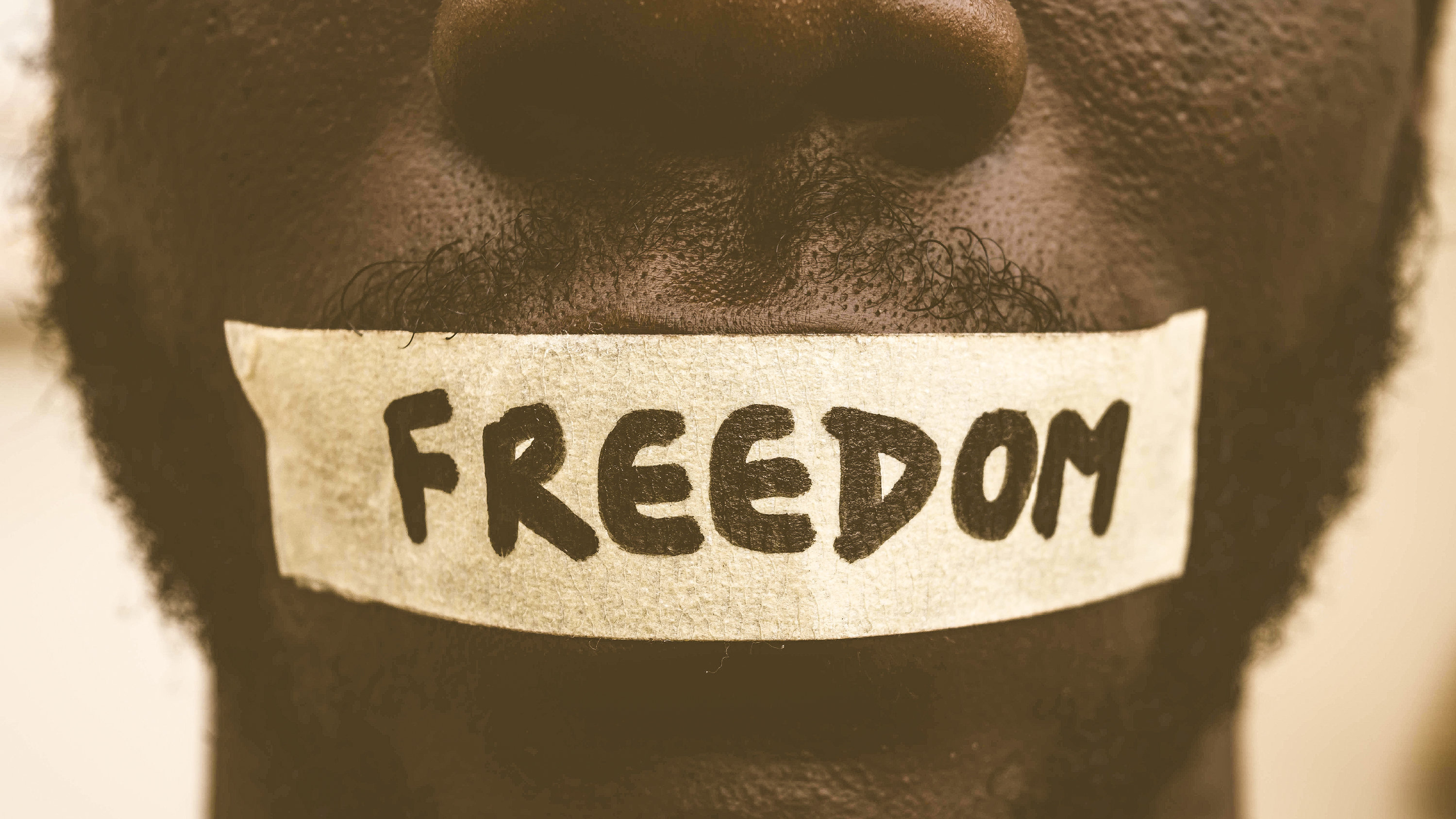
-
HOME
-
WHAT IS STANDOur Mission Our Values Our Help Contact
-
WHAT WE FIGHT FORReligious Freedom Religious Literacy Equality & Human Rights Inclusion & Respect Free Speech Responsible Journalism Corporate Accountability
-
RESOURCESExpert Studies Landmark Decisions White Papers FAQs David Miscavige Religious Freedom Resource Center Freedom of Religion & Human Rights Topic Index Priest-Penitent Privilege Islamophobia
-
HATE MONITORBiased Media Propagandists Hatemongers False Experts Hate Monitor Blog
-
NEWSROOMNews Media Watch Videos Blog
-
TAKE ACTIONCombat Hate & Discrimination Champion Freedom of Religion Demand Accountability
The Honest View of Scientology
A few months ago an online magazine catering to the advertising industry published what was arguably the most pathetic hit piece yet on the Scientology religion. At the conclusion of his piece, the writer burbled that the “end of Scientology is near!”

Perhaps, as a Scientologist, I shouldn’t have laughed… but I did. I’ve been a Scientologist for 40-plus years, and if I had a nickel for every time I heard a bigot prattle like that… well, let’s just say I’d have a shoebox full of nickels.
These claims inevitably follow “exposés” of one kind of another. The reasoning is, “Now that Scientology has been exposed, THE END IS NEAR!” Yet when you take a look at the real world, you find that regardless of such falsehood-ridden propaganda attacks, the Church just gets bigger at an ever-increasing rate.
Perhaps it’s true that there’s no such thing as bad publicity. But I think there’s much more to it than that.
A far better explanation as to why such negative campaigns always end in failure has to do with personality traits I have found in most Scientologists. Specifically:
- Scientologists tend to think for themselves. They’re unlikely to run with the pack or be swayed by cheap propaganda.
- Scientologists are intelligent. They are more likely to notice when something supposedly true is illogical or ridiculous on its face.
- Most important, Scientologists pursue wisdom and truth. They haven’t given up on themselves or their fellows.
So what happens when a non-Scientologist with the above character traits stumbles across a piece of anti-Scientology propaganda? They, too, recognize it immediately as propaganda.
What’s more, the high-IQ free-thinker is much more likely to become curious about the effort by vested interests to drag them away from the demonized subject.
It doesn’t take a rocket scientist to know there’s something amiss when a “documentary” only interviews naysayers and fails to mention what the group’s members actually DO or STAND for. In my opinion, it would not be a stretch to equate a biased “documentary” on Scientology to a Black History Month special featuring only interviews of Ku Klux Klan members and their supporters.
What’s more, the high-IQ free-thinker is much more likely to become curious about the effort by vested interests to drag them away from the demonized subject. So while anti-Scientology propaganda is a bore, it actually encourages the most observant and able to think for themselves, to look into Scientology and view the subject firsthand.

If you recognized yourself in my earlier description of character traits, one of the smartest things you’ll do is investigate the subject for yourself. It’s easy enough to get the real story. Pay a visit to your local Church. Look around. Ask questions. Or click on Scientology.tv and watch programs that take you inside the Church of Scientology as it exists in the real world and as its members see it all the time. Meet real Scientologists from all walks of life. Get a behind-the-scenes look at the Church. Learn about the group’s beliefs and practices. Then contrast that to what you’ve heard or seen from the well-bankrolled haters. Only then can you make up your mind. And that is what Scientology is all about—looking at things for yourself.
In his statement on personal integrity L. Ron Hubbard, the Founder of the Scientology religion, wrote:
“What is true for you is what you have observed yourself.
“And when you lose that, you have lost everything.
“…
“Nothing in Scientology is true for you unless you have observed it and it is true according to your observation.
“That is all.”









